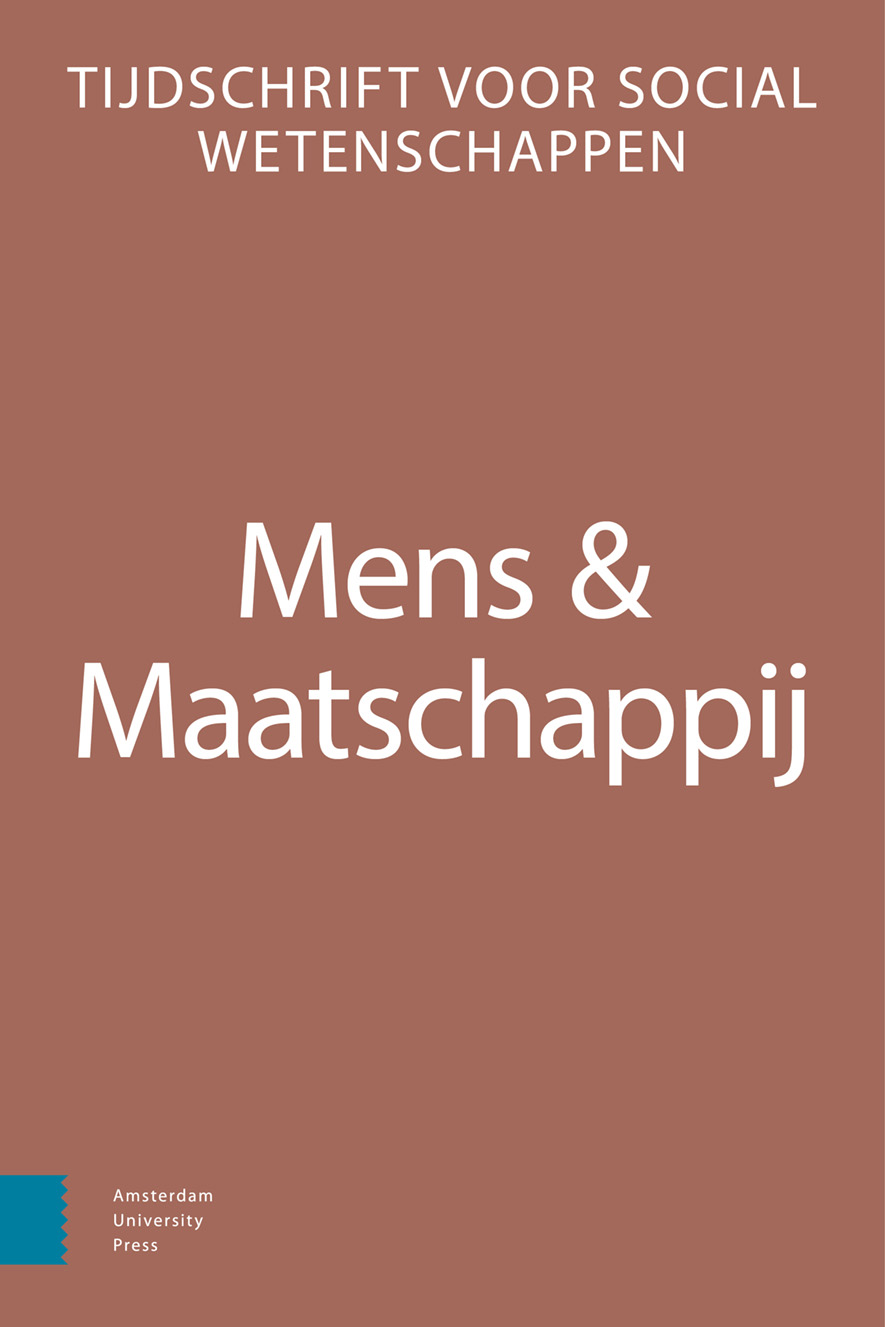-
oa Effect van de COVID-19 pandemie op geluk in Nederland
- Amsterdam University Press
- Source: Mens & Maatschappij, Volume 96, Issue 3, Sep 2021, p. 307 - 330
-
- 01 Sep 2021
Abstract
Effect of the COVID-19 pandemic on happiness in The Netherlands
In the media we read mainly about negative effects of the COVID-19 pandemic on our subjective wellbeing, such as increased depression, anxiety and loneliness. There is less attention for possible positive effects and for this reason it is worth examining how the life-satisfaction of the Dutch population has developed during the pandemic. In the short run, this will help policy makers to balance loss of happiness against loss of lives and in the long run it will help to examine which policies have resulted in the lowest loss of happy life years. In this article, we describe observed effects on happiness in the Netherlands during the pandemic (until spring 2021) using three empirical approaches: 1) trend in subsequent survey studies, 2) analysis of a panel study, and 3) analysis of a dairy study in which mood during daily activities was measured. Average life-satisfaction declined by about 4% of which 3% between summer 2020 and spring 2021. Whereas in the early days of the pandemic, the Dutch population only reported a minor loss of happiness, the decline has become substantial at the end of the road.


